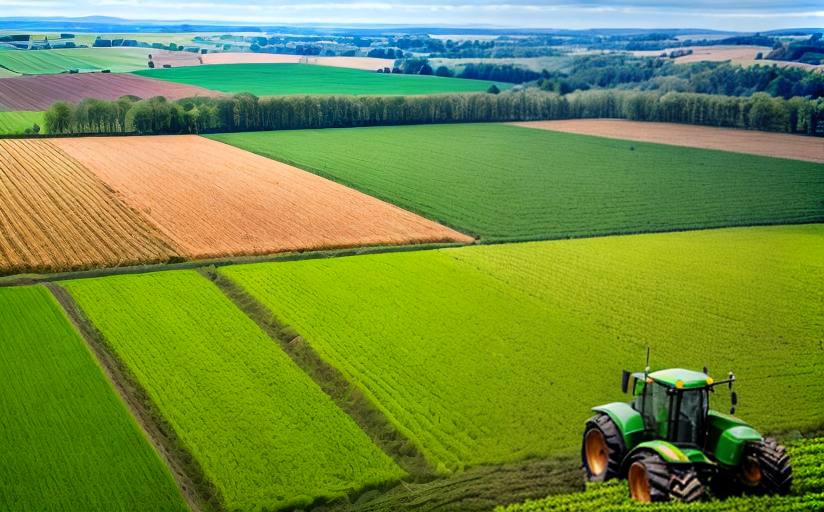Exploring the Impact of Blockchain Technology in the Agriculture Sector
Blockchain technology is emerging as a potential disruptor in various economic sectors, including agriculture. The inherent characteristics of blockchain such as decentralization, transparency, and security, make it an appealing solution for many of the challenges currently faced by the agricultural sector.
Ensuring Traceability of Food Supply
Blockchain technology has the potential to ensure the traceability of food supply by creating a transparent and immutable record of transactions. This feature could help reduce food fraud and ensure the safety and authenticity of agricultural products. An example is IBM's Food Trust blockchain, which allows businesses to track the origin and state of food in their supply chain, thereby enhancing accountability.
Reducing Fraud and Mediating Fair Trade
By creating a system where transactions and information cannot be altered, blockchain technology can help reduce fraud and ensure fair trade. For example, Fairfood, a non-profit organisation, is using blockchain to make the supply chains of agricultural products transparent, thus empowering farmers and consumers by ensuring fair prices and trade conditions.
Optimizing Logistics
Blockchain also has the potential to optimize logistics in the agricultural sector through smart contracts, real-time tracking, and automatic payments. For instance, Ripe.io uses blockchain technology to provide insights about the journey of food from farm to table, thereby improving the efficiency of supply chains and reducing waste.
Bedrocking Sustainable Practices
By offering transparent and indisputable documentation of agricultural practices, blockchain can promote sustainability in the agriculture sector. Producers Data Network, for instance, uses blockchain to incentivize sustainable farming practices by providing farmers with access to premium markets and traceability for their crops.
Challenges in Implementation
Despite its potential, implementing blockchain technology in the agriculture sector poses certain challenges. These include the lack of understanding of the technology, the need for high-speed internet infrastructure, and issues of interoperability with existing systems. Also, farmers and businesses need to be open to sharing data online, something that may be a barrier due to concerns around privacy and competition.
The Future of Blockchain in Agriculture
As blockchain technology matures and becomes more widespread, its application in the agriculture sector is likely to expand and become more sophisticated. It has the potential to become a foundational element in the evolution of agricultural systems, underpinning a wide range of practices from optimizing logistics to bolstering fair trade and promoting sustainability. However, as with any technology, successful implementation will depend on a thorough understanding of its benefits and potential pitfalls, as well as a willingness to embrace change.

















Comments
Leave a Comment